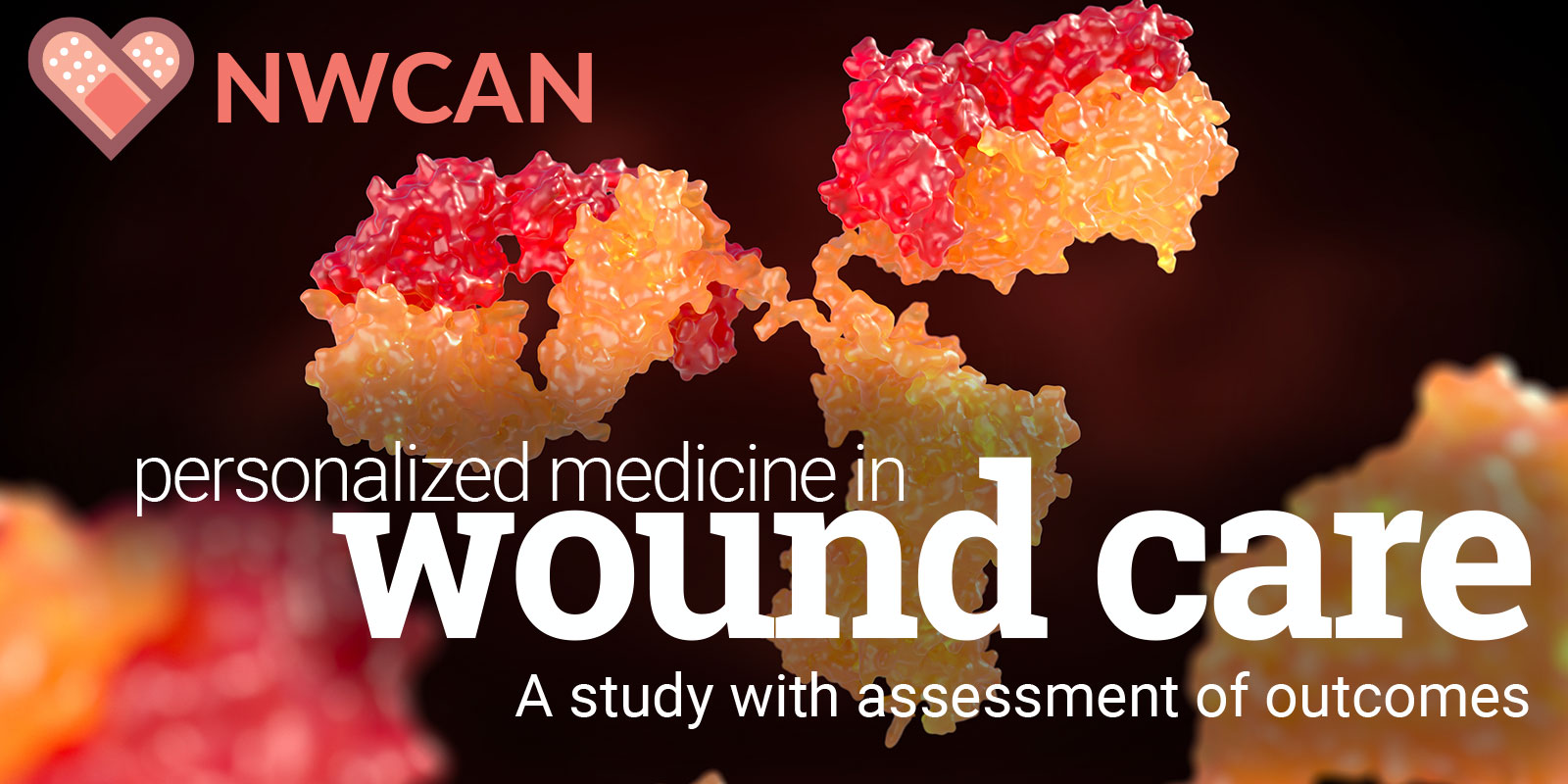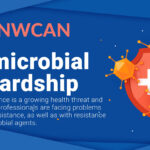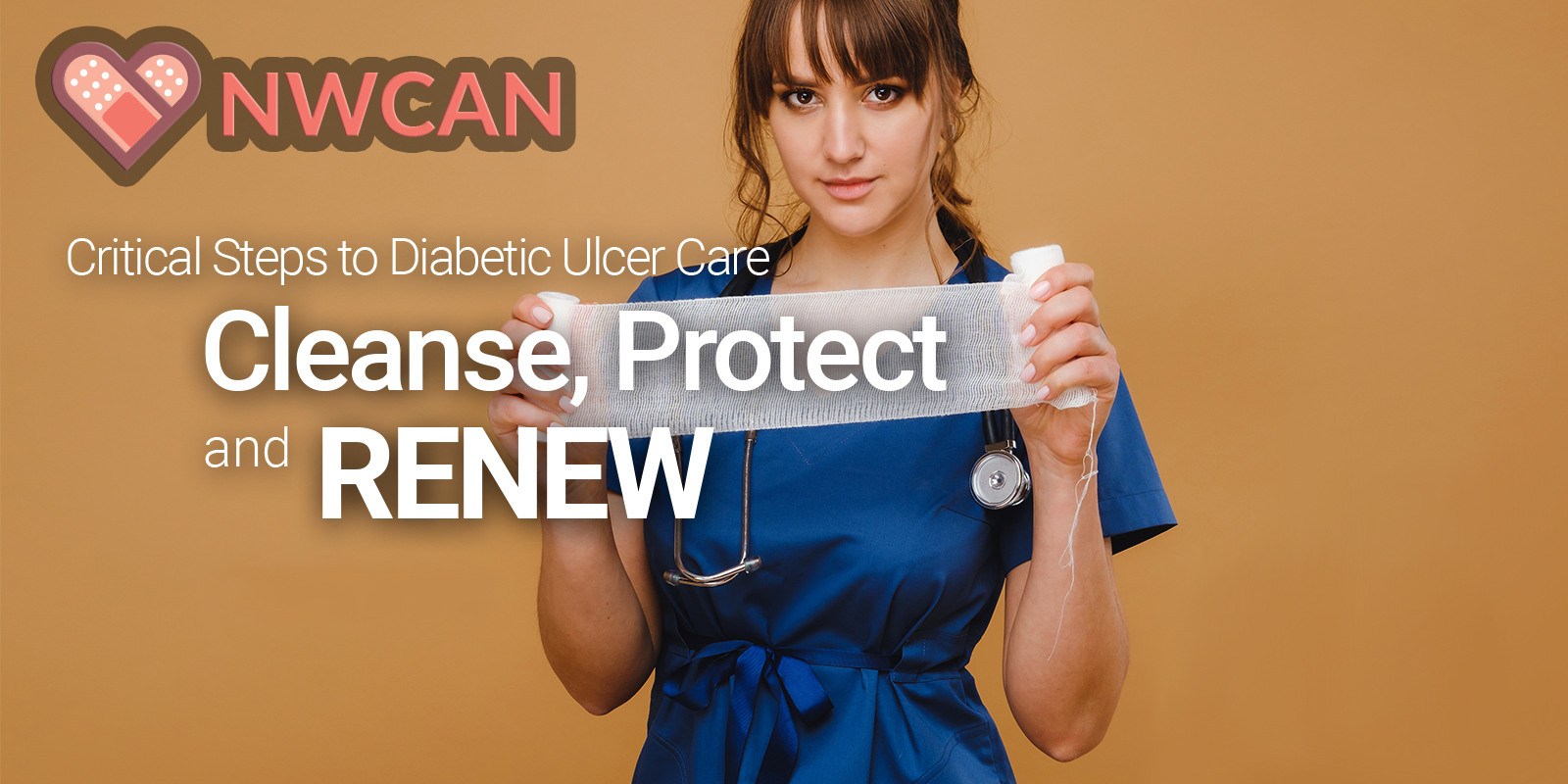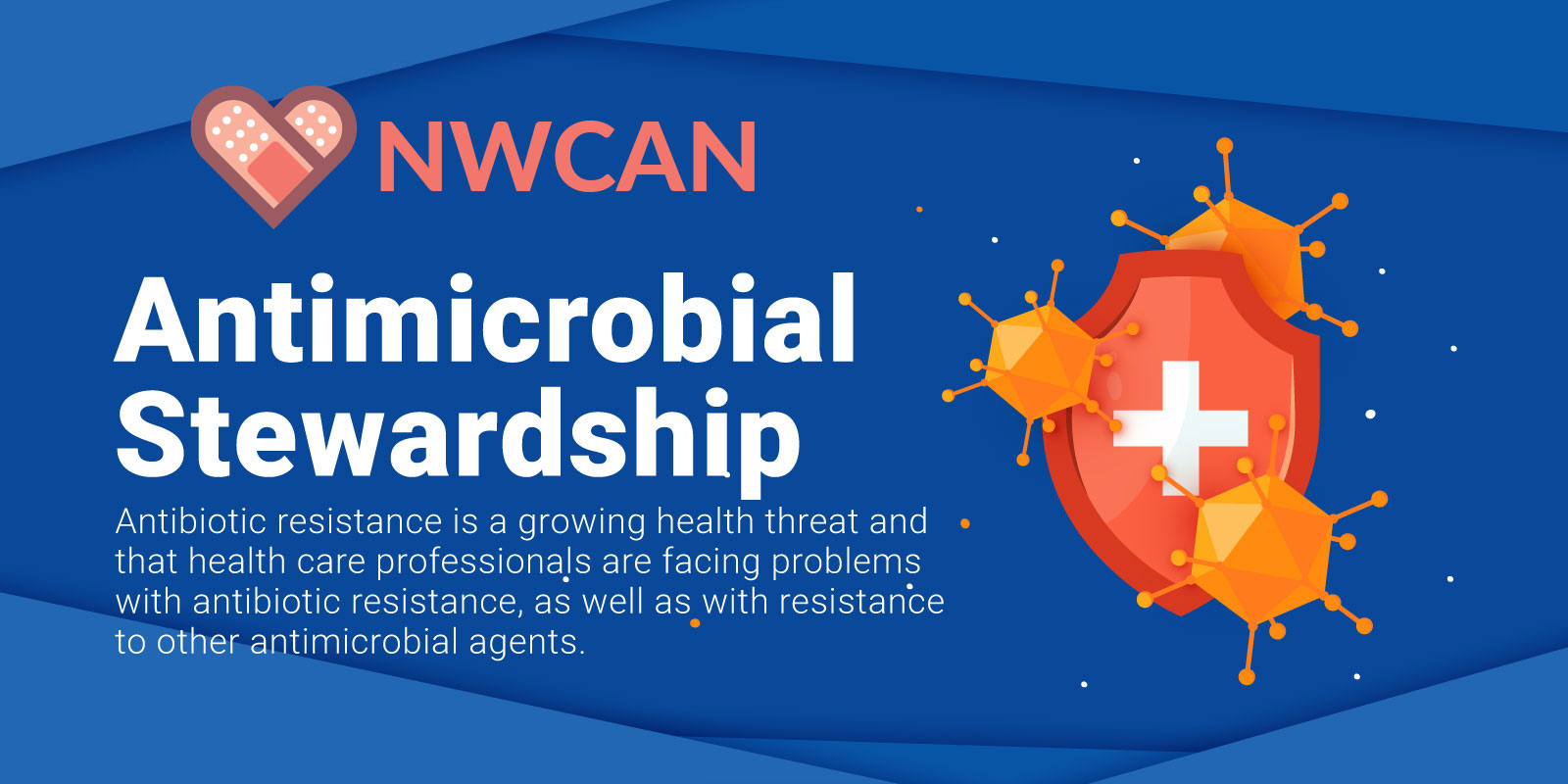
Executive Summery:
Executive Summery:
Objective
This large, level A, retrospective cohort study set out to compare healing outcomes in three large cohorts of wound patients managed universally for bioburden: standard of care group, who were prescribed systemic antibiotics on the basis of empiric and traditional culture-based methodologies; treatment group 1, who were prescribed an improved selection of systemic antibiotics based on the results of molecular diagnostics; treatment group 2 who received personalised topical therapeutics (including antibiotics) based on the results of molecular diagnostics.
Method
Apart from the differences in diagnostic methods and antibiotic treatments described above, all three cohorts were subjected to the same biofilm-based wound care protocol, which included evaluation of the host and bioburden, frequent sharp debridement, use of wound dressings and comprehensive standard care (reperfusion therapy, nutritional support, offloading, compression and management of comorbidities).
Results
In all, 1378 patients were recruited into the study. In the standard of care group 48.5% of patients (244/503) healed completely during the 7-month study period. This increased to 62.4% (298/479) in treatment group 1 and 90.4%(358/396) in treatment group 2. Cox proportional hazards analysis revealed the time to complete closure decreased by 26% in treatment group 1 (p<0.001) and 45.9% in treatment group 2 (p<0.001) compared with the standard of care group. Patients in treatment group 2 had >200% better odds of healing at any given time point compared with the other cohorts.
Conclusion
Implementation of personalised topical therapeutics guided by molecular diagnosis resulted in statistically and clinically significant improvements in outcome. The integration of molecular diagnostics and personalized medicine provides a directed and targeted approach to wound care.
Conflict of interest
SED and RDW are owners of PathoGenius Laboratories, a clinical diagnostic laboratory. SED and RDW are owners of Research and Testing Laboratory, which develops molecular diagnostics. CJ and JK are clinical advisors for PathoGenius. CJ and JK are owners of Southeastern Medical Compounding, Savannah, GA and Southeastern Medical Technologies, Savannah, GA.
Host factors that impair wound healing, such as diabetes, age, comorbidities, diet and poor perfusion, must be properly addressed or managed. However, individual host factors such as these are not universal barriers in all patients. In contrast, there is strong supporting evidence that bioburden and/or biofilm is an universal barrier to healing in all chron-ic wounds.1-4 The vast majority all of chronic wounds (>3000) evaluated using molecular diagnostics have been found to be polymicrobial in nature.5-9 There is accumulating evidence that the more diverse the microbial consortium within a wound, the more recalcitrant the wound is likely to be. Download full article here: Wolcott-Study_2011











